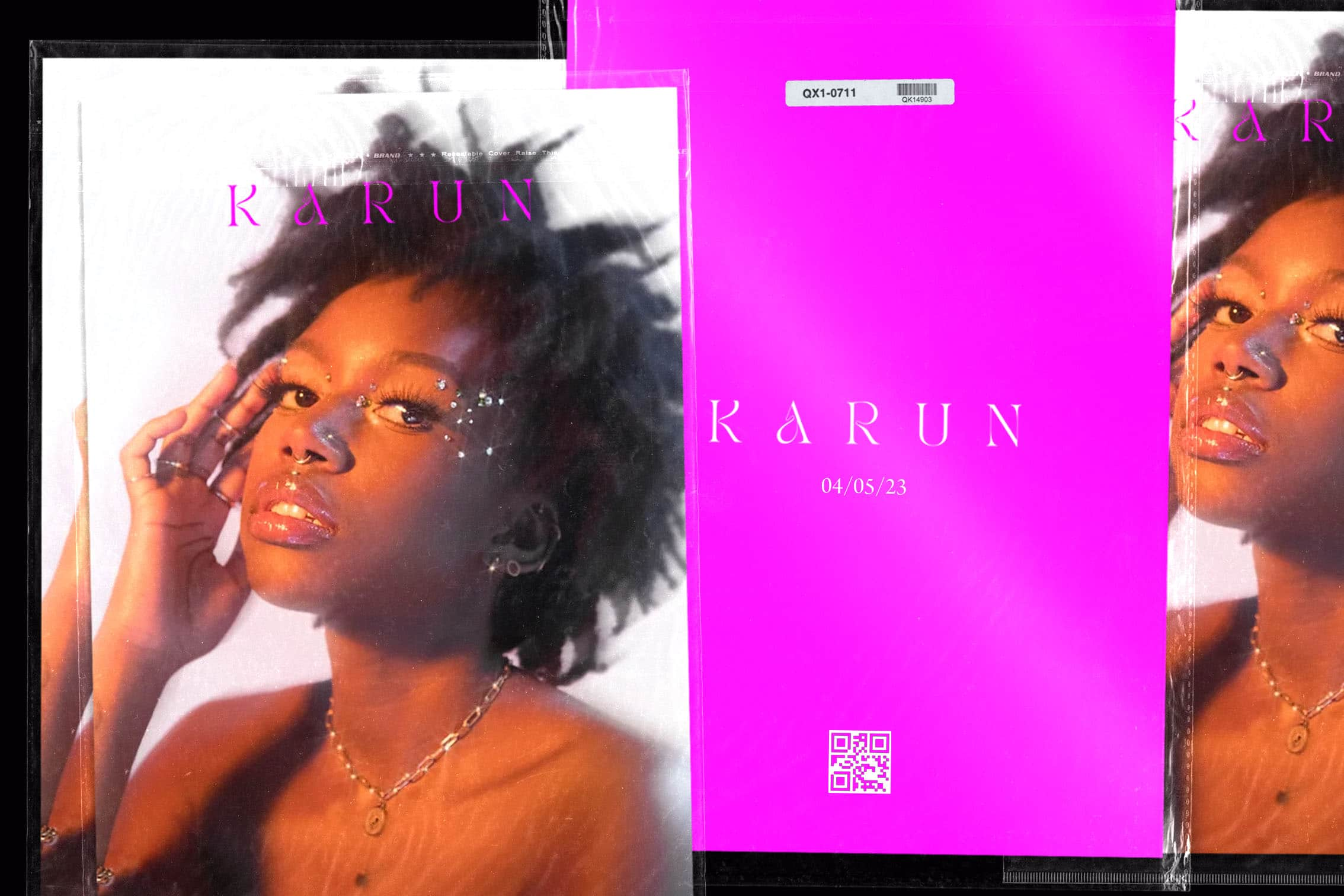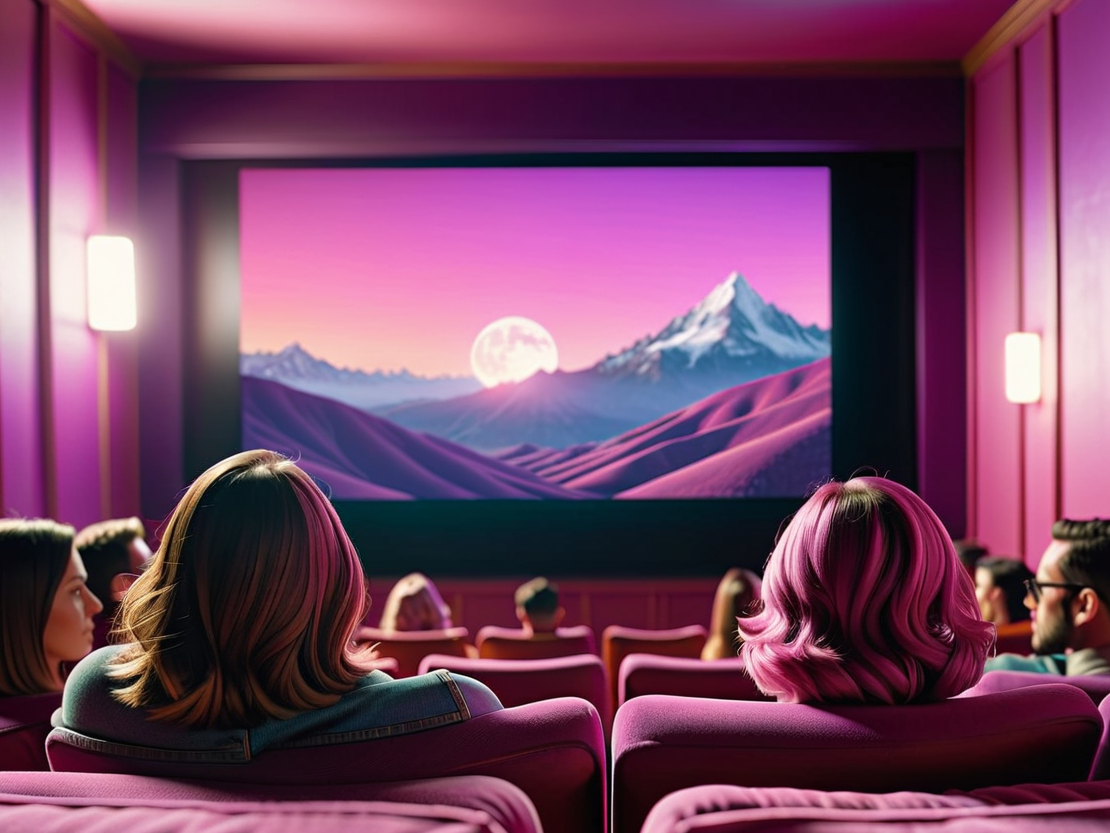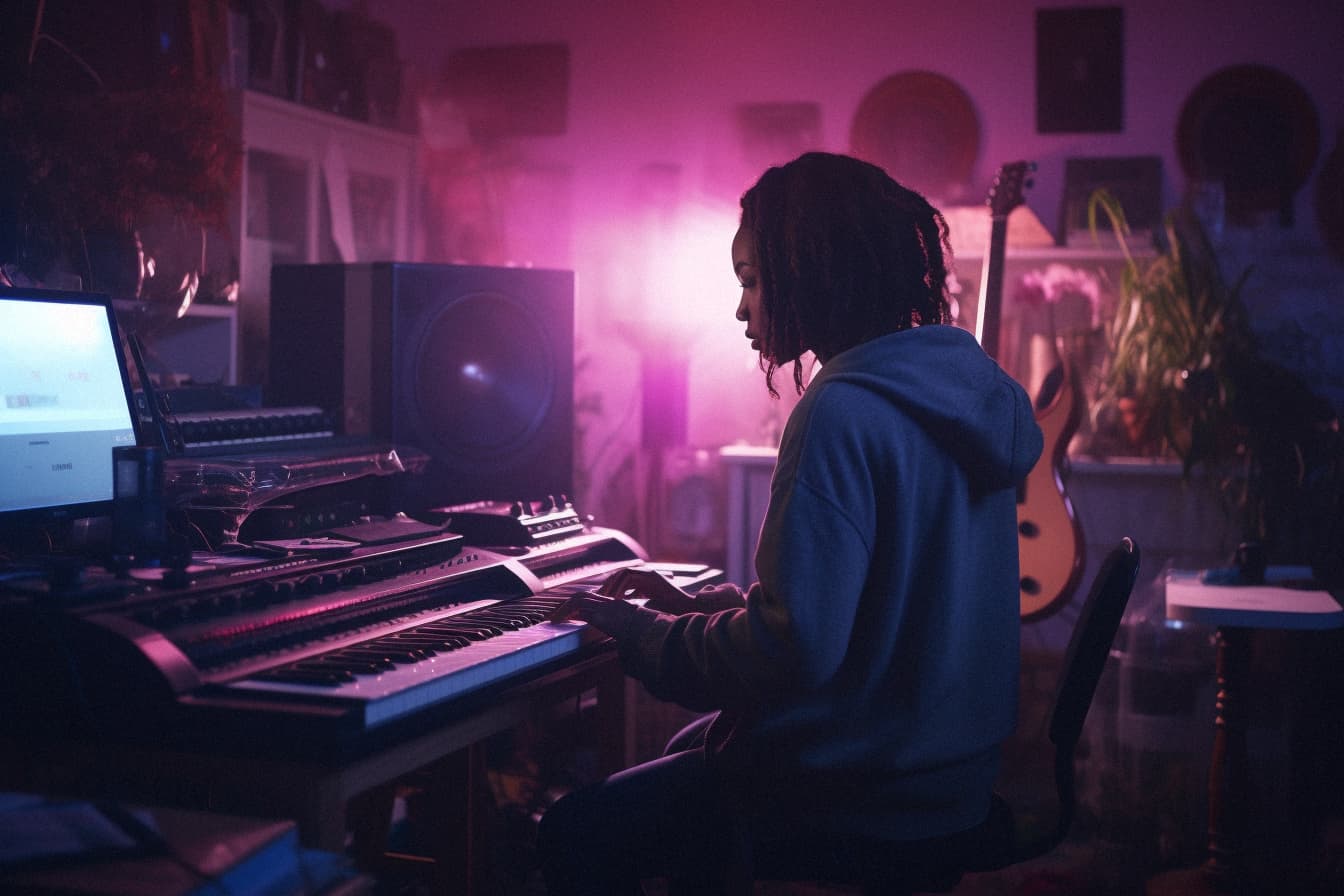Karun: The Kenyan Artist Making Waves With Her Unique Alt-R&B Sound
As an artist with more than a decade of experience in the music industry, Karun’s magnetism shines through when she talks about her art – even though we’re conversing on Zoom, with roughly 4475 miles between us. This spark – as well as her extensive knowledge of music history and passion for creating a global sound with local touches – is what immediately comes through in her music, as well as her conversations. As she gears up for her Bristol debut next month as the winner of Amplify’s Into The Metaverse Competition, Karun talks to us about her music industry journey so far, the Kenyan music industry, and the art of bridging Western music influences with East African sounds.
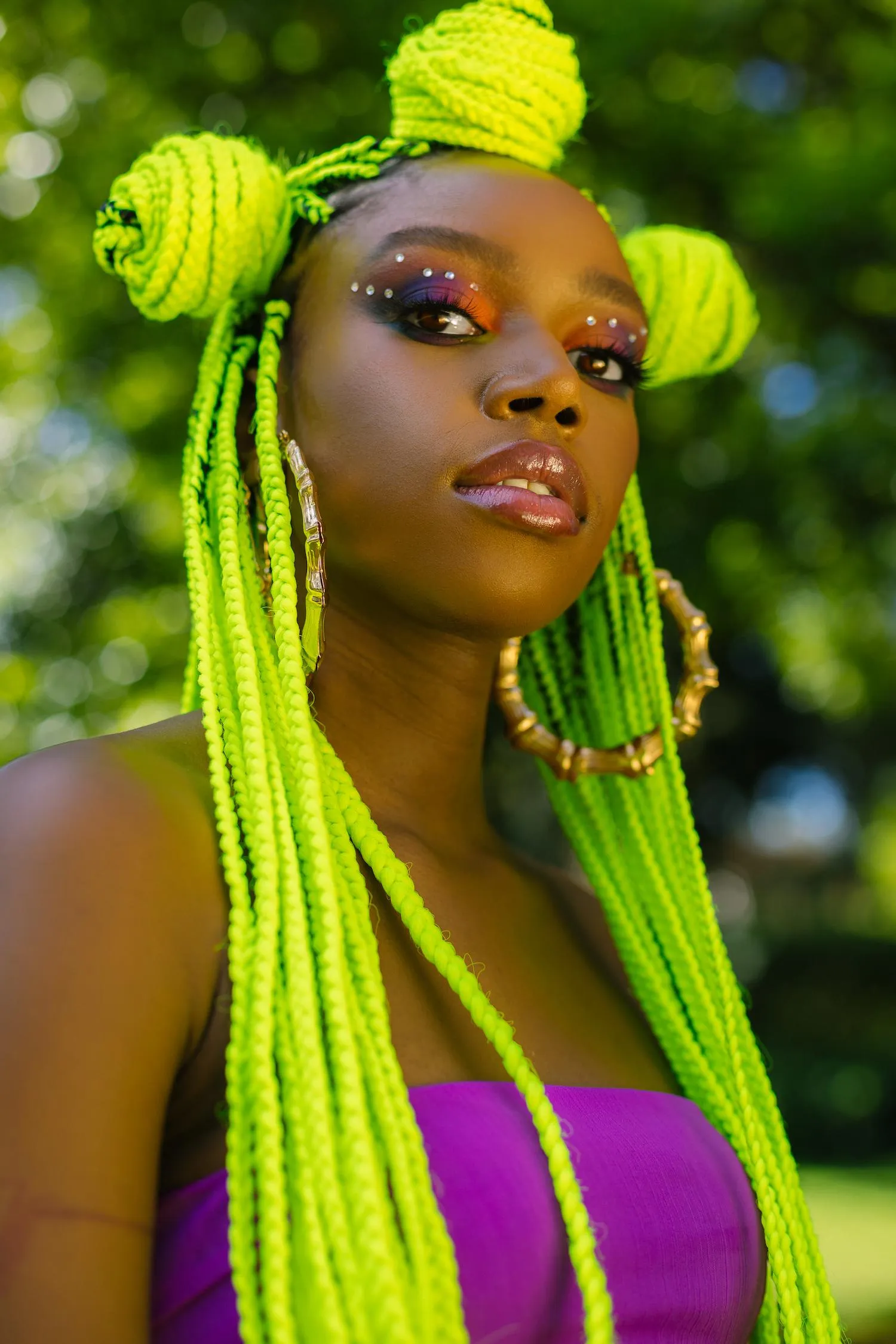
Karun’s early days and Camp Mulla
Karun is no rookie. She’s officially been making music since 2010 but grew up surrounded by music. “The persons that kind of pushed me towards the direction of music would be my father and my aunt. They are both very musical, they love music. And the way that they would speak about music was so passionate that I ended up also developing a passion for it myself, and going to see live music and meet musicians, and musicals and theatre and stuff like that. Growing up, it really kind of made it (music) part of my DNA,” she recalls.
Karun’s first foray into the professional music industry was coincidental. In high school, she started making music with a band from school. It so happened that one of the band members’ relatives was already in the music industry, meaning the fledgling band was exposed to a professional studio setting from early on. This school band developed into the acclaimed Camp Mulla – a hip-hop group that went on to win awards and achieve notoriety beyond Kenya.
Finding Karun
The experience, although exhilarating, left Karun searching for her identity as a solo artist. “When the group kind of went their separate ways, I was already well on my path to creating my own music and starting my solo career,” she says. She also purposefully left Nairobi to experiment and find herself away from the prying eyes of Kenyan media and Camp Mulla fans. During this period of self-discovery, she also started writing her own songs – a completely new experience that allowed her to hone her unique genre of alternative R&B pop.
She went to the US to continue studying music – but moving to the States was also a vehicle for her to discover her own identity as a Kenyan and Kenyan artist. “I was so curious about my own culture, and my own history, that I feel like I really just took the time away to learn more about myself and my music.” Being in the States also allowed her to see her favourite artists live and experience the behemoth that is the American music industry firsthand.
“Now I got to like, meet these people in person and see how they’re just human beings and kind of stop putting American music on a pedestal which I didn’t do on purpose, obviously. I think the whole world kind of has that unconscious bias,” she explains. “So yeah, that helped me see the world of music a bit more objectively and understand my place as a Kenyan artist making music and Kenya once I went back.”
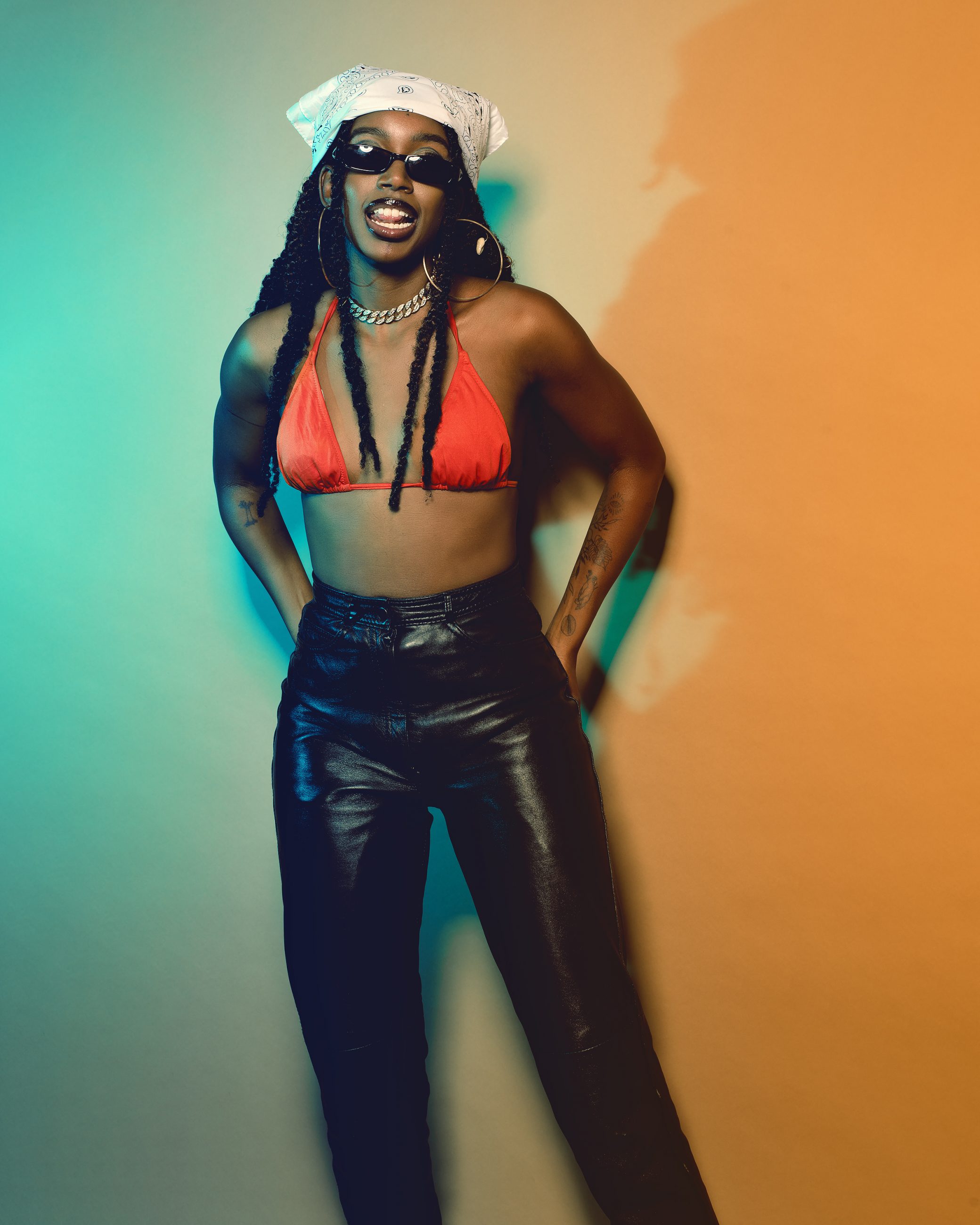
Kenya’s music industry
Studying at the prestigious CalArts and Berklee College of Music, the Kenyan artists opened her eyes to the additional hurdles African artists face in an industry still biased towards Western artists. “I know that there’s this thing about artists, it’s always like “struggling artists”, but there are so many avenues to get paid (in the US).
So I feel like artists in the US and just in the Western world, in general, even the UK and Europe, understand that if they make a piece of work, and they own it and register it, they will get paid as much as they push the music. But in Africa, we don’t have those structures in place, especially Pan African, like across the continent.”
She continues, “There are no concrete streams of income that are protected. Artists are very much like “in the wild” out here, and there’s a lack of information about how to make it work, together with a lack of infrastructure that just makes it very, very, very disconnected.”
The issue with royalty collection made Karun realise how much the industry needs to progress in Kenya to become more artist-friendly and ensure that artists are paid for their work. According to Music in Africa, “The lack of fair compensation of artists by broadcasters has long stunted the growth of the creative industry in Kenya. Broadcasters are the biggest users of creative content, yet they do not pay royalties to rights holders that are commensurate with the revenue they earn from using copyrighted works.”
“And a lot of people aren’t aware of just how much work there is to be done, because we speak about the glitz and the glam of having a lot of followers and being famous. But on the other hand, even a small-time artist who’s just a songwriter who writes for other artists, even a producer who’s not like big and famous, should still be able to pay their bills just by having their rights honoured and having certain structures in place,” Karun passionately asserts.
Going global
On a more positive note, Karun mentions how globalisation, social media, and Spotify’s expansion to the African continent have led more and more music fans to discover her music. Karun’s unique brand of global alt-R&B sound also helped her find an international audience that converted into hardcore Karun fans.
“An artist can make whatever kind of music they want and find an audience online, regardless of where in the world they are, regardless of their beliefs, or any kind of constraints of the place where they’re at physically, which I think is really cool. And me personally, I found that my music has always been very international.” With her music going global, Karun mentions that she feels more validated than before, especially as she used to get a lot of flak for releasing international-sounding songs in English.
“Everybody questioned us: why are you speaking so much English? Why are you making music like this person, like that person, until they realise that I’m not copying anyone. I’m actually being 100% myself. And I think that, since I’ve stood the test of time, people have eventually warmed up to the idea that one country can have a lot of different kinds of music,” she affirms. “People are just listening to the music and not trying to wrap their head around how you exist or why. So yeah, it’s been a journey.”



